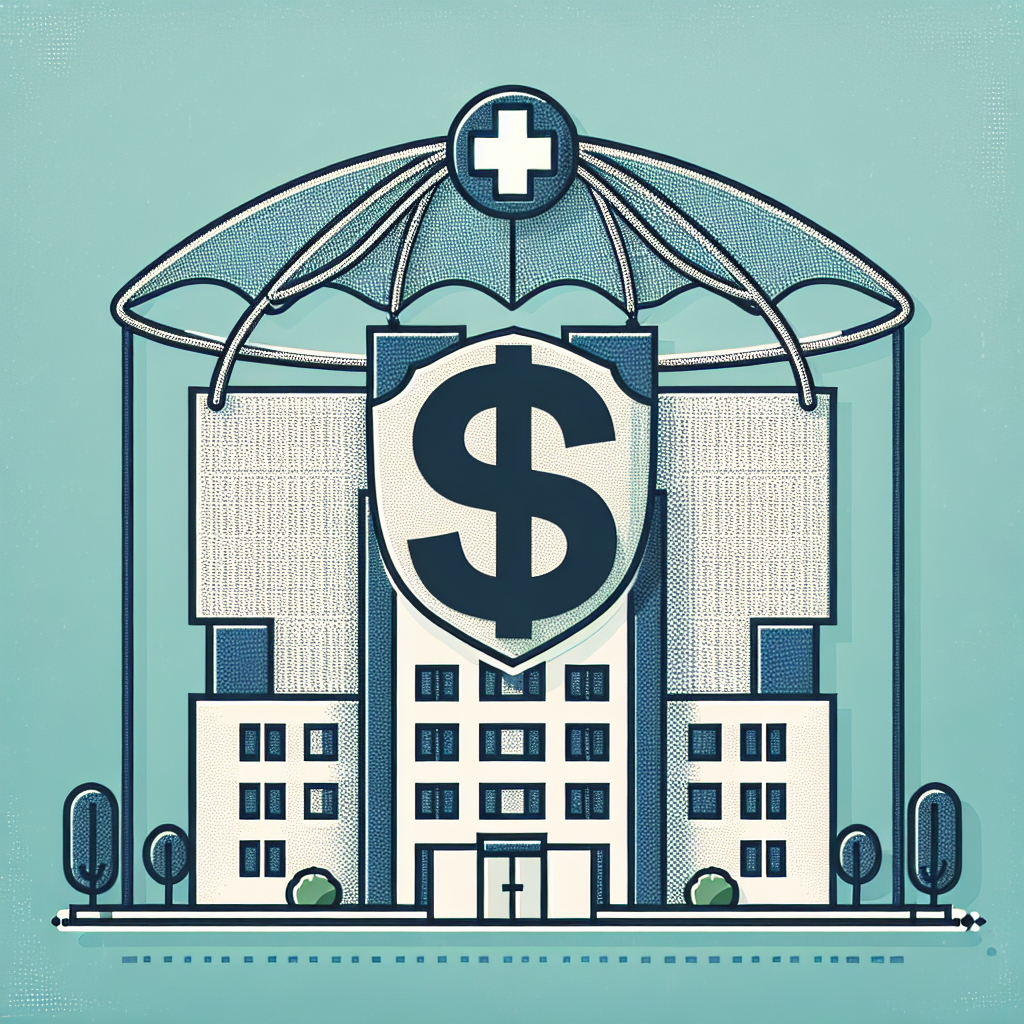Filed under Health Insurance on
Understanding Fixed Payment Plans in Health Insurance Coverage

Health insurance is an essential part of financial planning, providing a safety net against unexpected medical costs. Among the array of options available, fixed payment plans stand out as a popular choice. This article delves into the nuances of fixed payment plans in health insurance coverage, offering a comprehensive guide to understanding how they work, their benefits, and considerations for choosing the right plan.
What are Fixed Payment Plans in Health Insurance?
Fixed payment plans, often referred to as indemnity plans, provide a predetermined payout for specific medical services, regardless of the actual cost incurred. Unlike traditional health insurance, which covers a percentage of total expenses, fixed payment plans offer a set amount for each covered event or procedure.
The primary keyword for this article is "fixed payment plans." These plans offer a straightforward approach to managing healthcare costs by giving policyholders clarity over the financial aspect of medical services. Many individuals favor these plans for their simplicity and predictability, vital components especially appealing to budget-conscious consumers.
How Do Fixed Payment Plans Work?
Under a fixed payment plan, the insurer pays out a specific sum when a covered event occurs. For example, if the plan offers $200 for a doctor's visit and the actual cost is $150, the policyholder benefits from the surplus. Conversely, if the visit costs $250, the policyholder is responsible for the remaining $50.
This fixed approach allows policyholders to plan their finances more effectively, knowing exactly how much they will receive for each service. Fixed payment plans may cover a variety of services including hospital stays, surgeries, and diagnostic tests, ensuring a broad scope of protection.
The Pros of Fixed Payment Plans
- Simplicity: The predictability of fixed payment plans simplifies budget management.
- Flexibility: Policyholders can choose providers and services more freely.
- Control: Individuals can allocate surplus funds from payouts as they see fit.
The Cons of Fixed Payment Plans
- Limited Coverage: These plans might not cover all expenses, leaving gaps in protection.
- Potential Shortfalls: Expenses exceeding the fixed payout must be covered out-of-pocket.
- Complex Comparisons: Evaluating different plans can be challenging due to varying payout structures.
Who Should Consider Fixed Payment Plans?
Fixed payment plans appeal to individuals who value predictability and simplicity in managing their healthcare expenses. They are particularly beneficial for those who prefer a straightforward insurance plan with clearly defined payouts. Budget-conscious individuals, self-employed professionals, and healthy younger adults often find these plans attractive.
Furthermore, people with high-deductible health plans may use fixed payment plans as a supplementary option to enhance their coverage. This strategy ensures broader financial protection while keeping premiums affordable.
Factors to Consider When Choosing a Fixed Payment Plan
Selecting the right fixed payment plan requires careful evaluation of several factors to ensure it aligns with your healthcare needs and financial goals. Below are crucial considerations:
Coverage Limits
Examine the coverage limits for different medical services offered by the plan. Ensure they meet your potential healthcare needs, keeping in mind any existing medical conditions or anticipated medical expenses.
Premium Costs
Assess the premium costs in relation to the benefits provided. Compare different plans to find a balance between affordability and adequate coverage. It’s essential to ensure that premium payments fit comfortably within your budget.
Provider Flexibility
Check if the plan allows flexibility in choosing healthcare providers. Some fixed payment plans may have a network of preferred providers with whom you can maximize your benefits, while others may offer full freedom in provider selection.
Industry Trends in Fixed Payment Plans
With healthcare costs on the rise, more individuals are exploring alternatives to traditional insurance models. Industry reports indicate a growing interest in fixed payment plans due to their transparency and financial predictability. Insurers are responding by developing more tailored fixed payment options to suit diverse consumer needs.
Additionally, technological advancements, such as telemedicine and digital health services, are influencing the scope of fixed payment plans, expanding the types of services eligible for coverage. These trends underscore the need for consumers to stay informed and considerate about the evolving landscape of health insurance.
Expert Opinions on Fixed Payment Plans
Experts generally view fixed payment plans as a viable option for those seeking a straightforward insurance model. Jane Doe, a health insurance consultant, remarks, “Fixed payment plans offer peace of mind and flexibility in managing healthcare expenses, making them an attractive choice for many.”
However, she warns that consumers should thoroughly understand the terms and conditions of their plan to avoid unexpected costs, emphasizing the importance of being proactive and detail-oriented when evaluating insurance options.
Conclusion
Understanding fixed payment plans in health insurance coverage is crucial for making informed decisions about your healthcare financial strategy. These plans offer unique benefits, including simplicity, flexibility, and control over healthcare expenses. However, they also require careful evaluation to ensure they meet individual needs and financial objectives.
By staying informed about industry trends and considering expert advice, you can effectively navigate the complexities of fixed payment plans and optimize your health insurance coverage to provide comprehensive and cost-effective protection.





